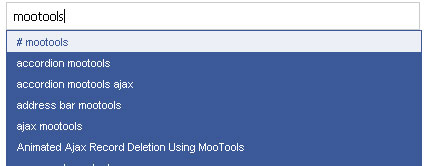One of the HTML elements that frequently comes into collision with CSS is the img element. As we learned in Request Metrics’ Fixing Cumulative Layout Shift Problems on DavidWalshBlog article, providing image dimensions within the image tag will help to improve your website’s score. But in a world where responsive design is king, we need CSS and HTML to work together.
Most responsive design style adjustments are done via max-width values, but when you provide a height value to your image, you can get a distorted image. The goal should always be a display images in relative dimensions. So how do we ensure the height attribute doesn’t conflict with max-width values?
The answer is as easy as height: auto!
/* assuming any media query */
img {
/* Ensure the image doesn't go offscreen */
max-width: 500px;
/* Ensure the image height is responsive regardless of HTML attribute */
height: auto;
}
The dance to please users and search engines is always a fun balance. CSS and HTML were never meant to conflict but in some cases they do. Use this code to optimize for both users and search engines!

Welcome to My New Office
My first professional web development was at a small print shop where I sat in a windowless cubical all day. I suffered that boxed in environment for almost five years before I was able to find a remote job where I worked from home. The first…



WebKit-Specific Style: -webkit-appearance
I was recently scoping out the horrid source code of the Google homepage when I noticed the “Google Search” and “I’m Feeling Lucky” buttons had a style definition I hadn’t seen before: -webkit-appearance. The value assigned to the style was “push-button.” They are buttons so that…
Source link

